With competitive pricing, high performance, low power consumption and maximum reliability, HDDs will continue to be a relevant storage technology for specific applications in the future. Or at least that’s what Toshiba claims.
Toshiba: “Hard drives won’t go out soon”
The rise of flash memory seemed to have marked the beginning of the decline of hard disk drives (HDDs). Even more so if we consider the amount of devices that today integrate solid state drives (SSDs) and flash modules. But second Toshiba it will not be so: the Japanese giant claims that hard disk extinction is still a long way off. The rapid advancement of digitization translates into the processing of large amounts of data. These require more and more storage space, and HDDs are the ideal support for some specific applications. For example, they are useful for network-attached storage (NAS) and video surveillance systems, corporate data centers and cloud providers.
The 4 reasons given by Toshiba
According to Toshiba Electronics Europe, there are 4 fundamental reasons that explain why hard drives will not die out but on the contrary they will continue to be relevant.
The growing number of connected devices, smart devices and new IoT sensors is causing a real explosion of data. In fact, worldwide growth is expected from 45 zettabytes in 2019 to 175 zettabytes in 2025. These data clearly demonstrate that storage via SSD is not convenient. The throughput of storage devices needs to be increased. This process is much faster for HDDs, as less clean room production is required than for flash semiconductors.
“While we are seeing the disappearance of hard drives from many devices, it does not mean the end of this storage medium. In fact, people and devices today produce so much data, and will continue to do so in the future, that storage technologies are needed to control the flow, “he said. Rainer W. Kaese, Senior Manager, HDD Business Development, Toshiba Electronics Europe.“In 2020, HDDs equal to a combined total capacity greater than one zettobyte were released on the market for the first time. This is 13% more than in the first year. This further supports the theory that hard drives are a technology that is destined to stay with us for a long time to come ”.






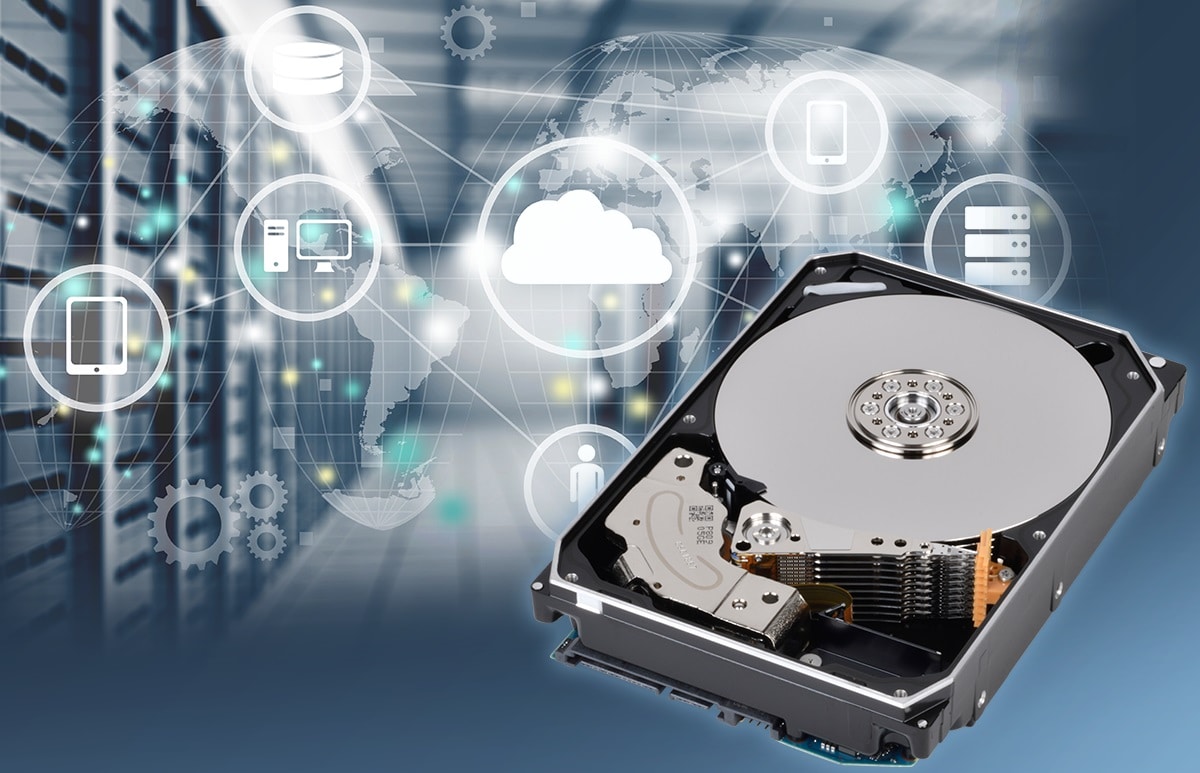


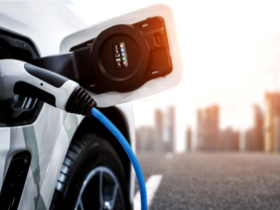
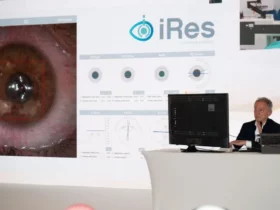
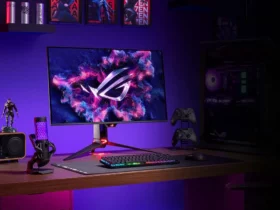
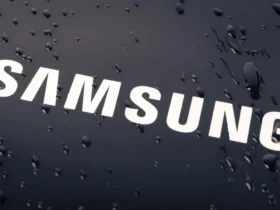

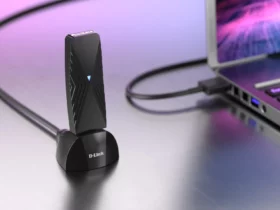
Leave a Reply
View Comments